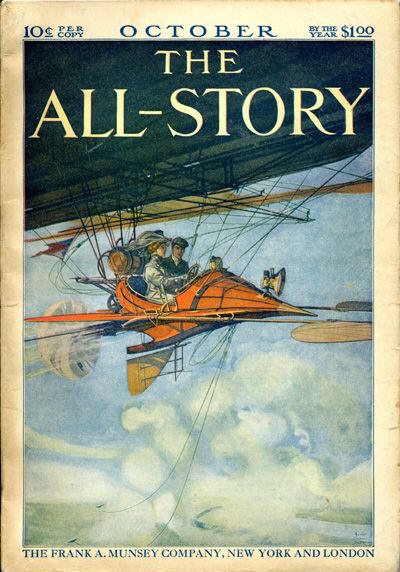Despite all the hype on storytelling, articulating why stories are so important in business can still be tough.
It helps to make the distinction between story and communication a little clearer. Down below is a write-up drawn from the introduction of a workshop on story and communication I recently gave …
We can communicate in many different ways. We don’t necessarily need to tell a story to say, ‘You did a fantastic job!’, ‘Wow, I love working with you!’, ‘You’re late for work,’ or ‘Your bonus this month is a gazillion Euros.’
However, when we need to persuade, when we need to move people away from one way of doing things towards another, stories are the way to go.
As HBR pointed out some time ago, persuasion is the centerpiece of business activity. It goes for employees, organisations, brands and consumers. Telling stories rather than purely communicating is the most effective way to ‘persuade’.
Stories and the individual
Stories help us make sense of the world we live and work in. We tell stories to better connect and engage with others. They give meaning to what we communicate. And the stories that others tell us help us understand other people’s point of view.
From the moment we are born until the moment we die, we are hardwired to be receptive to stories. Stories give us continuity when facts and figures melt away.
We should treat them with the attention and respect they deserve.
Stories and the organisation
When we communicate without stories we often don’t feel right in our workplace. Things don’t make as much sense to us. That’s because stories add context to the cold hard facts. That helps us understand ‘why’, and feel the need to change.
Internally, poor communication is the single biggest reason why many projects fail. It’s why good strategic plans fail too. When we not only communicate but invest in storytelling, people feel like we are speaking a common language. As a result, we have much more faith in what we are doing.
According to HBR/Oracle, 5 of the top 8 fundamental traits of organisational effectiveness are related to the way we communicate. Storytelling improves performance.
Stories and leadership
It’s simply impossible to be a great leader without being a great communicator. That means telling great stories. Leaders who tell great stories create alignment and consensus. They give us common direction.
Others remember those stories leaders tell. They share them. And create new stories of their own that reinforce the bigger stories leaders tell.
That’s when deep, positive change really happens.
Stories and brands
Great stories help form the emotional bond that glues a consumer to a product, and a brand to a market. They engender familiarity, affinity and ultimately; brand equity.
Stories also help reveal the uniqueness of our brands. They help differentiate.
StoryWorldwide expand on this in 7 reasons why stories are so important to brands.
Summing up …
When we tell great stories, as opposed to ‘just’ communicating, we create meaning; we reinforce a common sense of purpose. Stories help us understand ourselves, and each other, better. We start to speak the same language. We start working towards a common goal.
Stories connect employees to organisations; validate leadership for organisations; connect organisations to their brand values and purpose, and they connect brands to consumers and markets.
That’s a good argument for the business value of stories.
– Steve
















